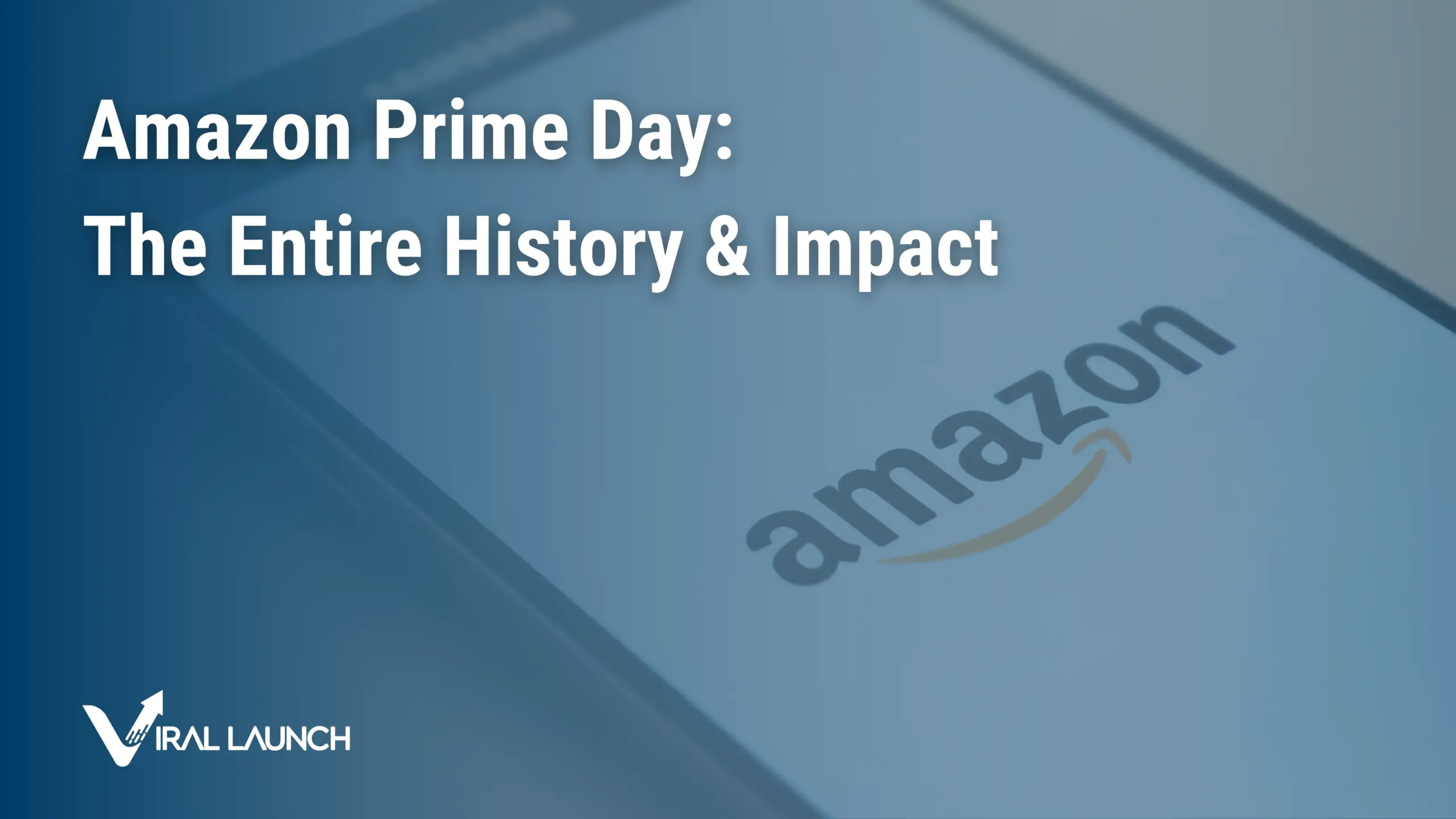Understanding and leveraging data is crucial to succeed in the highly competitive landscape of Amazon selling. This informative guide discusses the role of data in helping you make informed and strategic decisions in the ever-changing market dynamics.
We will break down how data can positively impact customer understanding, gauging market demand, meticulous product research, and strategic pricing. Regardless of whether you’re an emerging or an established Amazon seller, continue reading to learn how the effective use of data can significantly enhance your Amazon selling performance.
The Significance of Data in Amazon Selling
Data can take any business to the next level, especially those selling on Amazon. It’s an ever-changing, ever-growing marketplace. If your business is to survive in it, you’ve got to keep up and adapt to changes quickly.
Data helps you do that. The data you use in Amazon selling is constantly being updated, often in real-time. When a shift occurs in the marketplace, you can quickly access the relevant data. This improves your ability to make the necessary adjustments to your selling plan and ensures your business continues to move forward.
Relying on hunches for business decisions isn’t conducive to a successful Amazon selling operation. It’s data-driven decision-making that will make a difference in your profitability and how fast you grow.
Continue reading as we discuss specific applications of how leveraging data in Amazon selling can fuel your path to success.
Four Ways Data Helps Amazon Sellers
1. Better customer understanding
When people purchase the products you’re selling on Amazon, the platform starts to compile data on those customers. It gathers basic demographic information, like where people are purchasing from and their age range.
You’ll also get insights into the products they looked at, what they added to their carts, what they actually purchased, and how much these items cost.
You can also conduct a risk analysis with customer data and let it inform your decisions about what products to sell on Amazon. You need to analyze both qualitative and quantitative data for a solid risk analysis. Qualitative data is information that’s difficult to quantify, while quantitative data relies on numbers and statistics.
So, in this case, you could look at shopping trend statistics that detail what products are bought the most and what your customers’ sentiments have been regarding products in the past to make informed decisions about which product lines to carry.
Customer data can reveal powerful insights — including satisfaction, customer lifetime value, and engagement insights — that you can use to better attract and serve your customers.
2. Assessing market demand
There’s no way to thrive in Amazon’s highly competitive marketplace without knowledge of what’s in demand in your market. Selling a wide variety of items within a particular niche and simply hoping for success typically doesn’t produce successful results.
On the other hand, if you understand what products are in demand in your market and how long that demand has been maintained, you can make better product purchase decisions.
For example, search volume data is a good indicator of a product’s demand. If there’s a high search volume lasting over a long period of time, purchasing the product from a reputable supplier and selling it may be a good idea. If the search volume is low, it may be better to hold off on that specific product.
When assessing market demand, it’s essential to be aware of common biases you may have that impact what you conclude about market demand.
For example, let’s say you have an implicit bias, an attitude about a specific group of people that you aren’t consciously aware of. Instead of looking at everyone who’s buying the products you want to sell, you may exclude this group because of your unconscious mindset.
This alters the accuracy of the data you collect, which then impacts the decisions you make and, ultimately, the results you get. So, identifying the biases you have and learning how to eliminate them is crucial. That way, you can ensure you’re looking at your market demand data without limitations.
3. Product research
So much of your success with Amazon selling depends on the products you offer. Not only do they need to be in demand, but they also need to be high-quality, and able to be sourced, purchased, and shipped quickly.
Product research can change everything for your business. Fortunately, there’s an abundance of product data to analyze and interpret. Product sourcing tools are great for providing information on a variety of in-demand products, such as how often it’s sold, how long it’s been on the market, associated keywords, how often it’s searched, and future sales predictions.
Product data informs the decisions you make about the products you will sell on Amazon, giving you an in for choosing in-demand products every time.
4. Pricing
Although quality probably matters most to consumers when deciding on a product to buy, price is another top consideration. A lot of people are looking for a quality product at an affordable price. So, ensuring your products are priced competitively is a must. You can use innovative competitive research tools to assist in the process.
You don’t want them priced so low that they make people think your products are cheap. But you also don’t want them priced so high they’re out of your target customer’s budget. Historical data on product prices can be incredibly helpful in setting yours.
You can see how a product’s price has fluctuated over time. You can look at specific seasons, months, weeks, and days. Refer back to where you’re at in the calendar year and choose a price for each product that makes sense based on the insights from the data.
Final Thoughts: Capitalizing on Data for Amazon Selling Success
Selling on Amazon is a tough business. However, that doesn’t mean you can’t excel with the right approach. Data-driven decision-making is key to thriving in the competitive Amazon marketplace.
We’ve explored the importance of customer understanding, market demand assessment, product research, and optimal pricing. The challenges involved in these can be managed effectively using our suite of specialized tools, which aid sellers to successfully navigate the Amazon ecosystem.








